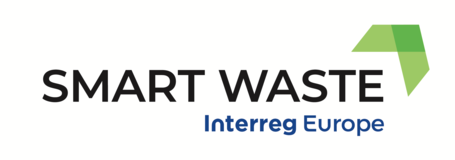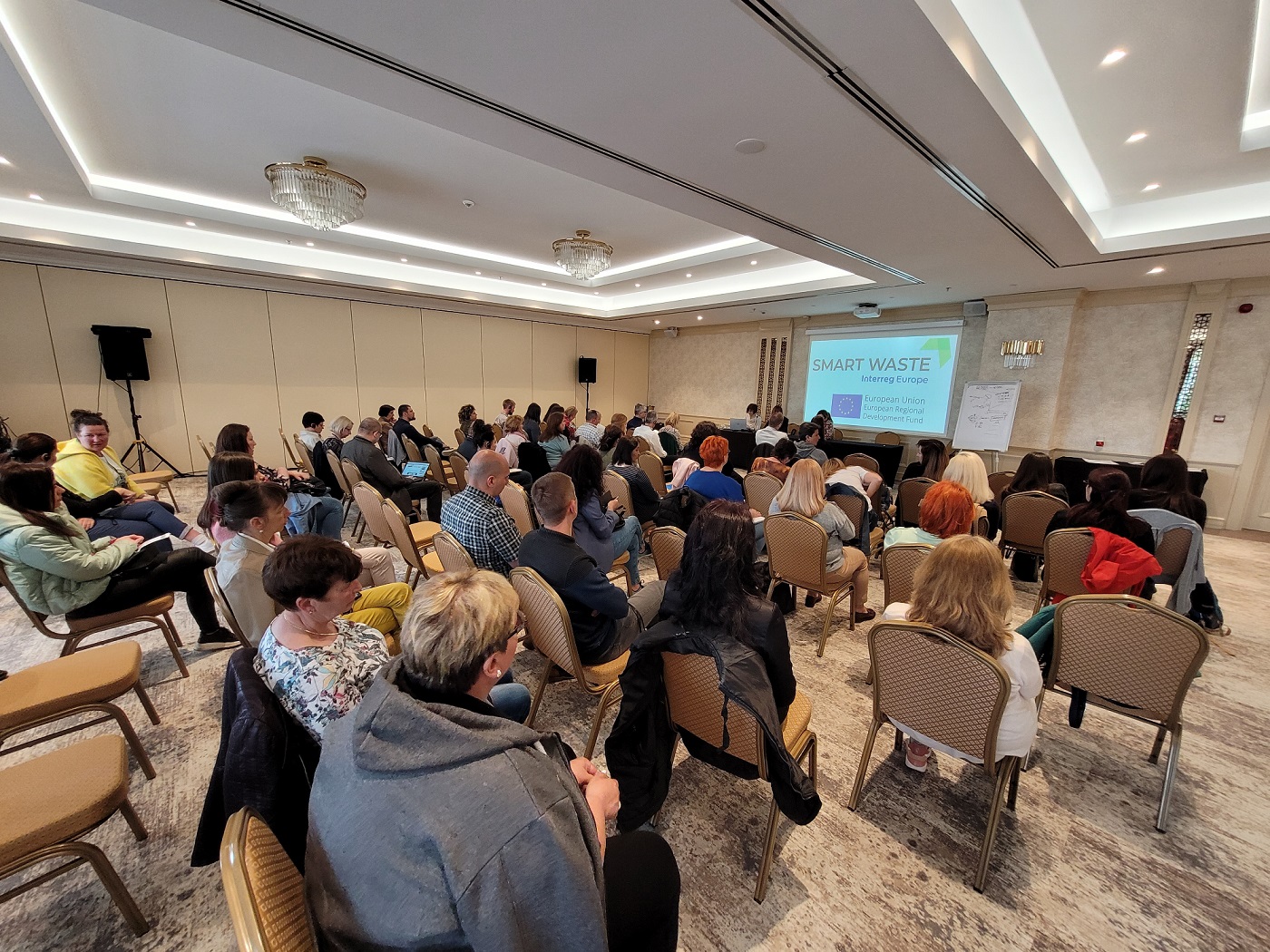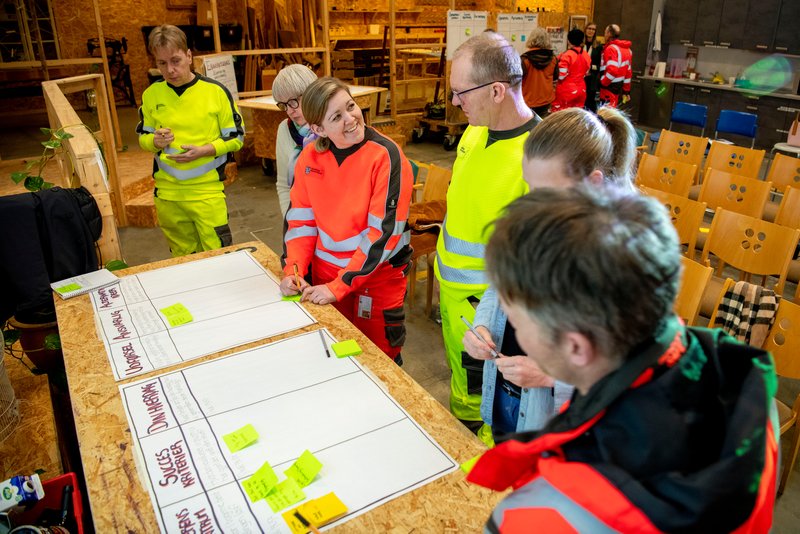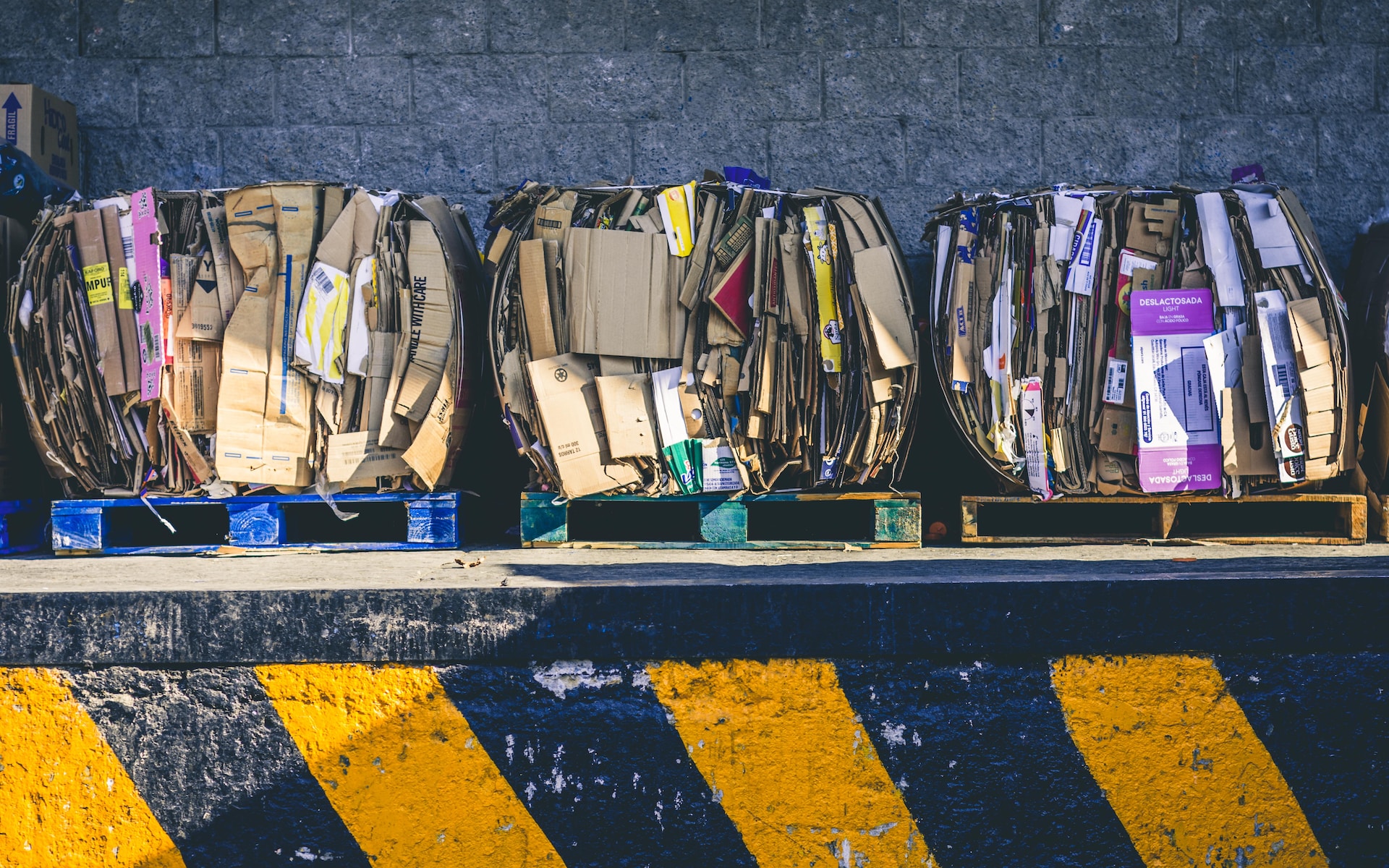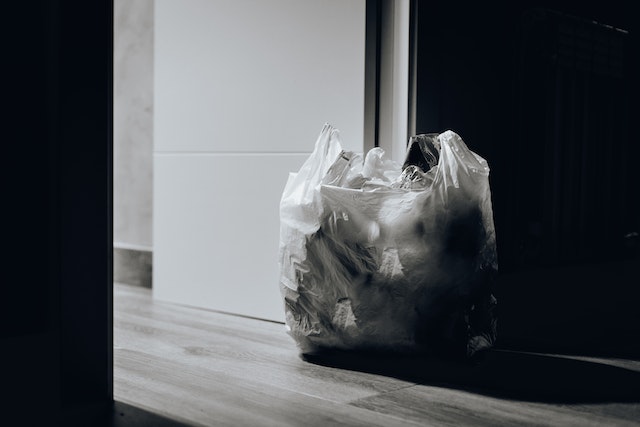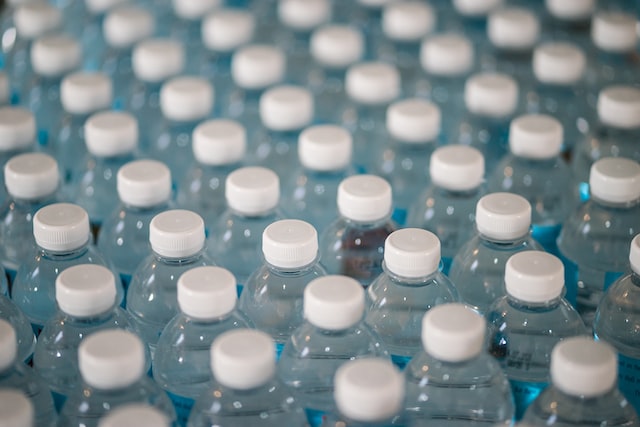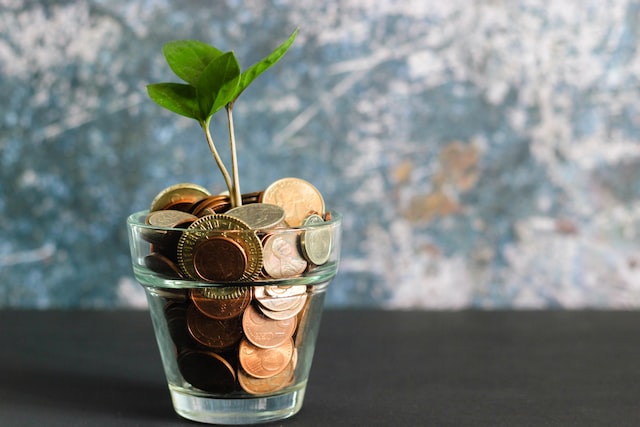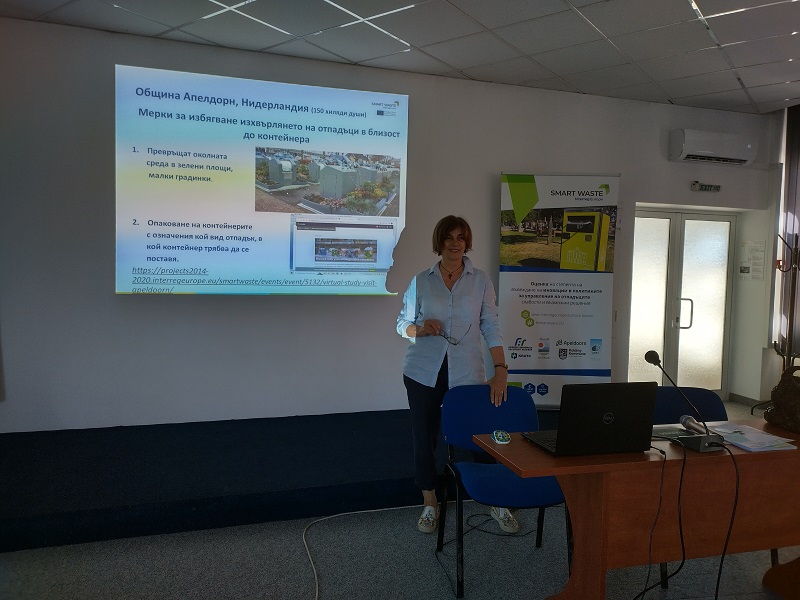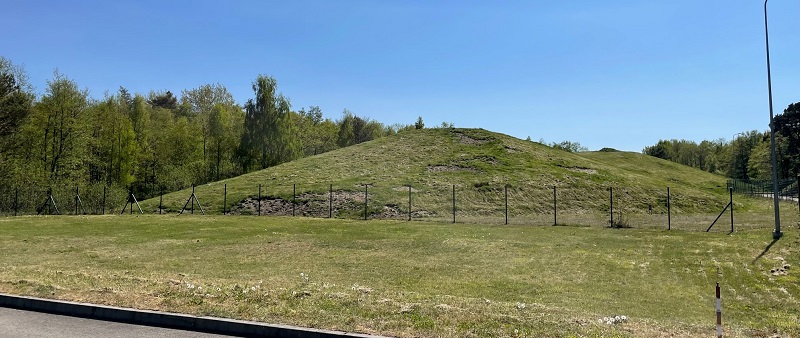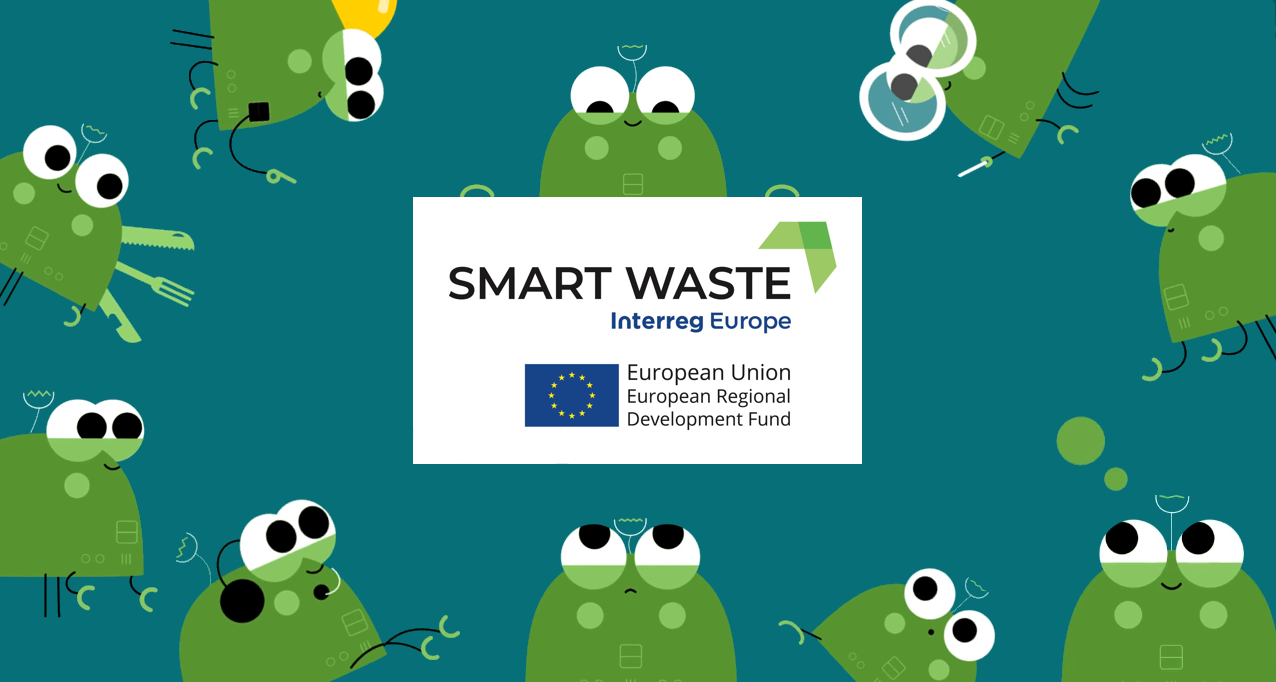During the SMART WASTE project life, the partner Kolding Municipality decided to work on the Waste Management Plan 2014-2024 that covers both the original plan (2014-2024) and the revised plan (2019-2024).
The municipality collects around 70,000 tons of waste per year, of which approx. 40,000 goes to recycling, 27,000 to incineration, 2,000 to landfill and 1,000 to special treatment (primarily chemicals and gasses).
Waste Management Plan 2014-2024
In the original waste management plan (2014-2024), the following activities were politically approved:
- Reducing the amount of small combustible waste: New layout of the setup for sorting waste, combined with more crew resources available for the problem in question.
- Bulky waste: Possibility of six free of charge annual pick-ups at the household, combined with an expansion of the micro-scale hyper-local recycling stations (see point no. 3 below).
- Recycle close to home: Expansion of 1,400 micro-scale hyper-local recycling stations in order to collect metals and hard plastics in addition to the existing containers for paper and glass collection.
- “Problematic” waste: Enhanced setup for delivering hazardous waste at the recycling centres.
- Rethinking recycling centres: One new large-scale and innovative recycling centre on the grounds of an existing small traditional recycling centre.
- Collection of organic waste from households: Introduction of a two-part (combustible waste and organic waste) 240-litre container with emptying every 14 days for all households.
- Dissemination efforts: The introduction of many new services and initiatives require a big dissemination effort when citizens have to get used to new and better ways of managing and sorting their waste.
All seven activities have been launched and achieved.
A short summary of each of the seven activities
Ad 1. The effort concerning reducing the total amount of small combustible waste was very successful at the beginning. Specialized employee resources were allocated to increase the number of dialogues with the citizens by the container for small combustibles, to educate the citizens on what waste should and should not go into this container. The initiative proved that manning the container and talking face to face with the citizens had a positive effect that is we saw a decrease in the number of small combustibles where recyclables were instead sorted for recycling. However, as soon as the individual attention stopped, so did the increasingly better sorting. Even so, the initiative was never re-introduced.
In 2014 we collected 2,400 tons of small combustible waste. In 2015 when special attention was applied, the total amount was 1,700 tons. In 2016 the amount increased to 1,900 tons and 2,100 tons in 2017.
Ad 2. In 2017 the bulky waste scheme was launched. The first year more than 1,500 orders were executed, and in 2018, the order number increased to more than 2,200. The service will be relaunched, as part of the revision of the waste management plan, to collect not only more recyclables (e.g. cardboard) but also more reusable items (e.g. clothing, furniture, inventory and more).
Ad 3. The 1,400 micro-scale hyper-local recycling stations have been expanded with the two new containers for metals and hard plastics. The total amount of collected metals and plastics each increased with about 100 tons from 2018 to 2019 primarily due to this expansion.
Ad 4. In 2019, the possibility of delivering hazardous waste around the clock (24/7/365) was introduced. The service has not yet been evaluated.
Ad 5. A brand-new recycling centre opened in May 2019 with generally better facilities and with the possibility of access around the clock as well as the opportunity for citizens to take home reusable items from selected waste types due to an innovative design of the collection setup.
Ad 6. In 2018, collection of organic waste from households was rolled out in the first local areas and is currently being rolled out to the remaining few areas in the municipality during 2020.
Ad 7. In 2017, the department hired three Communication Consultants, one teacher, and one Event Coordinator along with a team of part-time event employees, all to strengthen the department's dissemination efforts towards the citizens, to create an education service for schools (and others), as well as creating our own waste and circular economy-related events and events in cooperation with others.
The main strength of the first waste management plan (Waste Management Plan 2014-2024) is the number of new services and initiatives that significantly transformed and increased the overall service level. This is something that supports one of Kolding Municipality’s visions; the Citizen in the central vision where new ideas and initiatives should be realized from citizen needs and with the will to constantly improve the services that are offered and accessible to citizens.
The main weakness of the plan is that we do not have any official evaluation of either initiatives/services. The plan itself was evaluated during the creation of the revision but this evaluation was primarily performed on the basis of recycling percentages, not citizen satisfaction levels, number of users etc.
Waste Management Plan 2019-2024 (revision of 2014-2024)
The latest waste management plan 2019-2024 contains nine concrete politically approved initiatives:
- Focus on circular economy: Political adoption of a Circular Economy Strategy.
- New initiatives for direct reuse: Second-hand store.
- Education of citizens to become local recycling ambassadors.
- Education of schoolchildren to become waste experts before 7th grade.
- Rethink existing bulky waste service: Invite citizens to sort more reusable waste.
- Develop unique solutions for waste collection in the city centre, where households lie close.
- Expand recycling collection solutions in the centrum of the municipality’s major towns.
- Possibility for handing in hazardous waste 24/7/365.
- Strengthened effort regarding the collection of construction and demolition waste.
Summary
In the summer of 2019, the municipality’s first-ever circular economy strategy was adopted and politically approved. The second-hand store opened in October 2019. The possibility of delivering hazardous waste around the clock has also been realized. None of these activities has yet been evaluated.
The Municipality of Kolding envisages improvement on these two current waste management plans partly through inspiration from other partners' best practices within waste management and circular economy and by their expert feedback on proposed actions as part of Kolding Municipality’s participation in the SMART WASTE project. Projects and initiatives should demonstrate added value (cost-benefit) as well as the environmental value of sustainable and circular waste management, as opposed to incineration and landfill practice. The municipality wishes to place more focus on the circular economy and more attention towards innovative crosscutting and cooperative initiatives. The SMART WASTE project could very well provide the perspective and input of shared experiences needed to implement circular economy into the core of the Waste Management Plan.
The policy instrument is due for a mid-term revision from 2021, so there is scope to integrate experiences and results of the learning process within SMART WASTE into the work with both current and future waste management plans.
